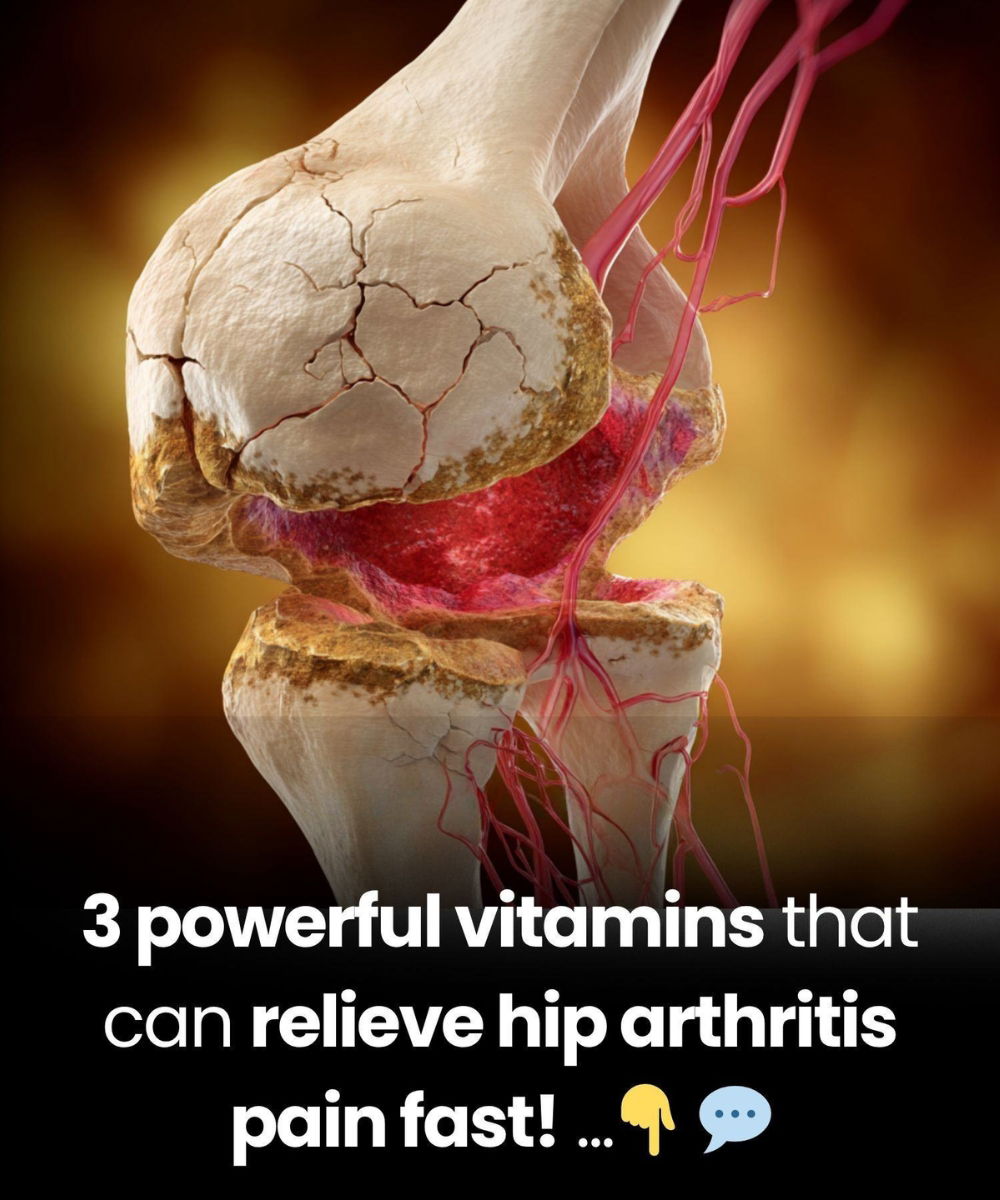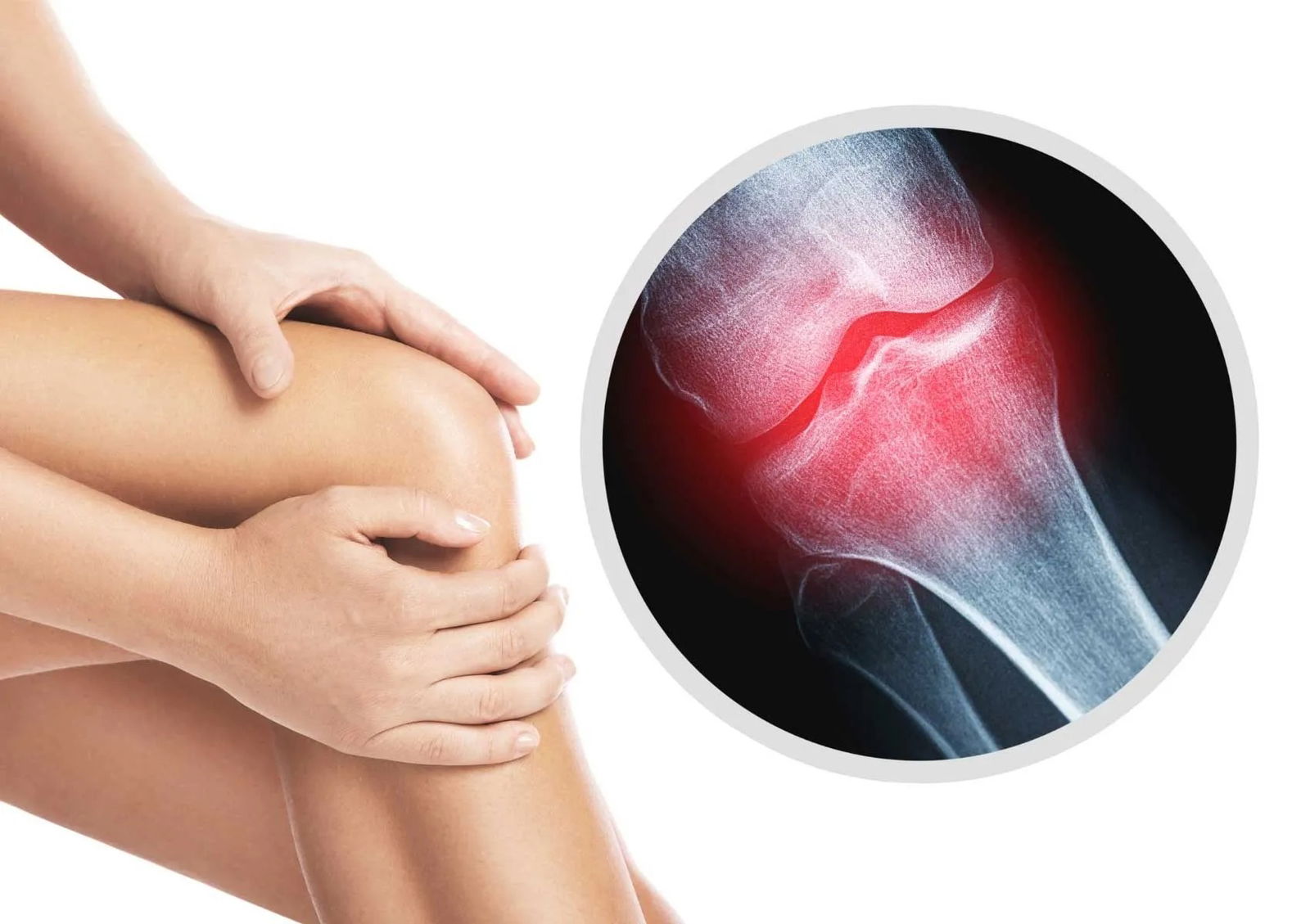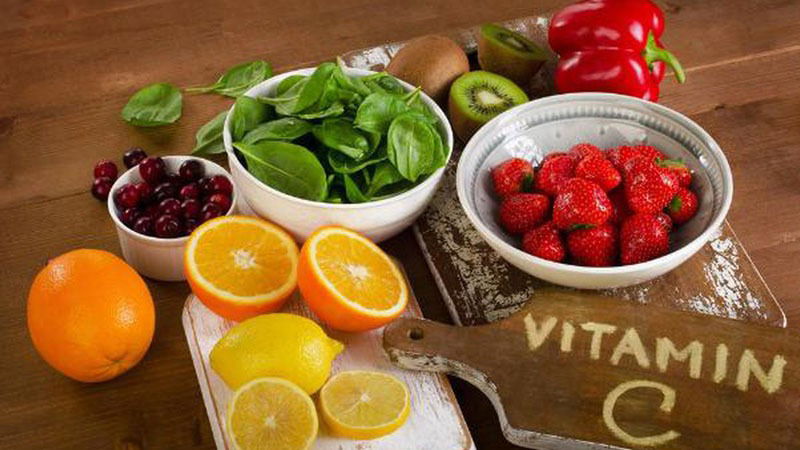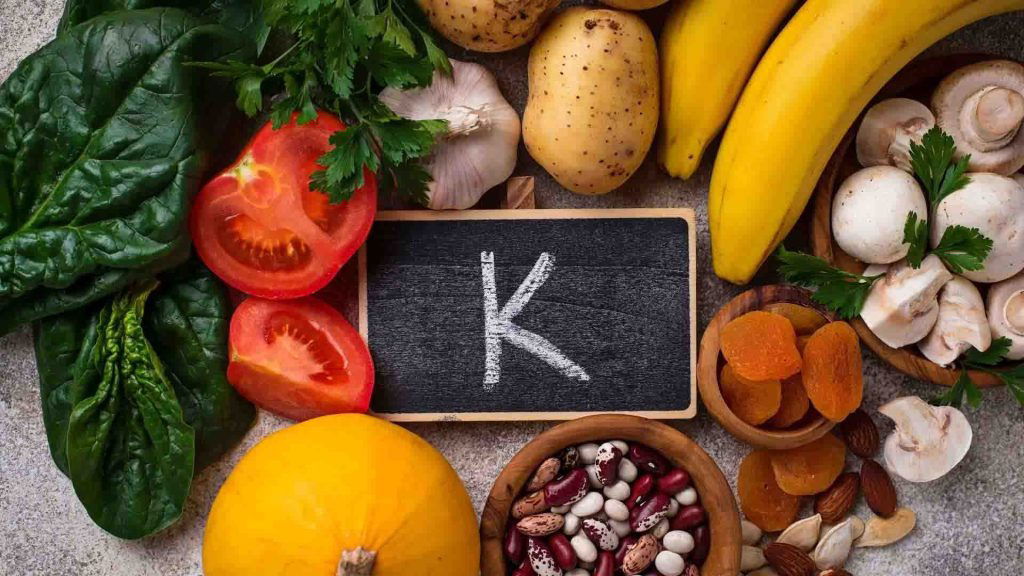
Today, I want to share several natural strategies to help prevent hip osteoarthritis.
Over the past three decades, more and more people have been affected by degenerative changes in the hip joint.
While seniors are the most at risk, poor nutrition, obesity, and excessive medication use also increase vulnerability.
One major problem is that many people ignore early warning signs and turn to the wrong treatments.
What Is Hip Osteoarthritis?
Cartilage is a tough, elastic tissue that cushions the joints. It acts like a protective film over your bones—smooth, firm, and moist—made of collagen, elastin, water, and other components.
In hip osteoarthritis, the cartilage breaks down due to wear and tear. This deterioration causes pain, stiffness, and reduced mobility.
Over time, untreated damage may lead to the need for surgery.

Fortunately, you can slow or even halt this inflammatory process through natural means, starting with the right vitamins.
Three Essential Vitamins for Hip Health
Vitamin C
This vitamin is crucial for collagen production—the main structural protein in cartilage. It supports the repair of connective tissues and helps maintain the integrity of joint structures.
To reduce your risk of osteoarthritis, make sure you’re getting enough vitamin C every day. Great sources include oranges, tomatoes, bell peppers, broccoli, kiwis, strawberries, potatoes, and Brussels sprouts.

Vitamin D
Around 70% of people are deficient in vitamin D, which is vital for your immune system, metabolism, nerves, and especially for bone, joint, and cartilage health.
Without enough vitamin D, these tissues break down more rapidly.
Aim for 30–60 minutes of sun exposure daily, or supplement through food or vitamins if you spend most of your time indoors.

Vitamin K (especially K2)
Vitamin K helps the body use calcium effectively to build strong bones. Vitamin K2 activates proteins that bind calcium to the bone matrix.
Research suggests that a higher intake of K2 may increase bone density and reduce osteoarthritis risk. Both K1 and K2 forms play key roles in bone health.

Additional Joint-Supporting Supplements
Besides collagen, cartilage is made up of compounds like glucosamine and chondroitin.
If you’re dealing with hip osteoarthritis, consider taking glucosamine sulfate and chondroitin regularly, ideally year-round.
These supplements can significantly reduce joint pain, stiffness, and inflammation.
Other powerful supplements include:
- SAM-e (S-adenosylmethionine)
- MSM (methylsulfonylmethane, a form of sulfur)
- Turmeric with piperine (1,000–3,000 mg daily)
- Astaxanthin, a potent natural anti-inflammatory
Use these consistently to maintain joint health and reduce inflammation.

Healthy Lifestyle Habits
Intermittent fasting is an effective approach for managing inflammation and supporting joint function.
Gentle exercise is essential. It strengthens the muscles surrounding your joints, improves flexibility, balance, and mood, and helps relieve pain.
Maintaining a healthy weight is critical, as excess body weight puts added stress on joints, especially the hips, knees, ankles, and spine. Even modest weight loss can ease arthritis symptoms.
Lastly, good sleep hygiene is important. Quality rest can help your body manage pain and stress. Try to stick to a consistent bedtime routine and keep distractions out of the bedroom.
With the right nutrients and lifestyle habits, you can significantly improve the health of your hips, especially as you get older. These natural tips are particularly important for anyone over the age of 50.


















